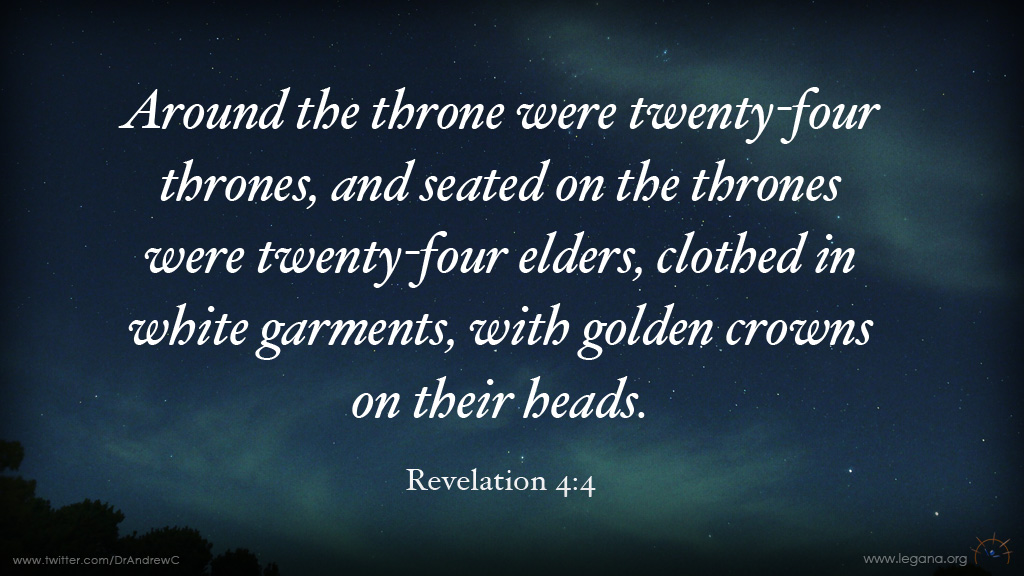

Both words are used in the Christian context, mostly regarding God. “Omniscient” basically means “all knowledge” while “omnipotent” means “all-powerful.”ĥ. The main difference between the terms is their meaning.

As figures of speech, both are used as nouns and adjectives however, they also have adverb forms and related words.Ĥ. Both are also used to describe a supreme being and give the impression of infinity and supremacy.ģ. “Omni” translates as “all” or “infinite.”Ģ. Both “omnipotent” and “omniscient” have the Latin origins and the same Latin prefix(“omni”). The reason why God is considered to be omnipotent and omniscient and the context of the Divine Paradox debate is the assumption that an all-powerful being (such as a Creator) would also imply the being is all-knowing.ġ. Debates in many mediums have been going on over the years by different participants about this particular subject Discussions are mostly centered on whether God is really omnipotent, omniscient, or both. The debate is known as the Divine Paradox. However, there are many people who are trying to explain or put a logical sense into God’s attributes, particularly God being omniscient and omnipotent. This belief is rooted in classical theology. God is also omnipresent (meaning “in all places”) and “omnibenevolent’ (meaning “all good”). In the Christian faith, God has four O’s.

The Supreme Being is also considered as consistent and in agreement to its nature.Īside from heavenly beings, heads of state or powerful monarchs are also considered as omnipotent in their governments, territories, and realms. Being omnipotent also means that the Supreme Being is capable of doing anything, evenly the illogical possibilities at the pleasure of the being at any given time.

The Supreme Being of any faith is considered omnipotent and having powers beyond imagination. This is the reason why people mistakenly use them for one another. “Omnipotent” came from the Latin “omnipotentem.” “Potent” is the Latin suffix for “powerful.” The word has been used since the early 14th century.įorms of “omnipotent” included two adverbs “omnipotently” and “non-omnipotently” as well as another adjective “non-omnipotent.” Both terms are almost similar and are usually used with each other in the context of religion. On the other hand, “omnipotent” means “infinite power, authority, and might.” A being with this attribute would assume total control of all realms and situations. Examples include the adverbs “omnisciently” and “non-omnisciently.” In addition, it has an adjective form of ‘‘non-omniscient.” The suffix “scient” (the shortened form of “scienta” or “sciens”) means “knowledge.” It also has other forms. The Modified Latin (in other books, Neo-Latin) ”omniscientem” is the word origin of “omniscient.” “Omniscient” has been used since the 1600s. The word “omniscient” has its origins in Latin. Omniscient can be classified as inherent (to know anything a being wants to know and also what can be known) and total (knowing everything regardless of desire or inclination). “Omniscient” means “infinite knowledge, awareness, understanding, insight or perception.” It is also used to pertain to universality and completeness of the mentioned attributes. However, both words have different meanings. These attributes were assumed by believers due to lifted phrases in holy texts and classical religious teachings. Furthermore, often both terms are used as an attribute of a Creator or a supreme being. There are many similarities between “omniscient” and “omnipotent.” In looking at these terms, both words contain the prefix “omni.” “Omni” is Latin for “all” or “infinite.”īoth words also function as adjectives and nouns.


 0 kommentar(er)
0 kommentar(er)
